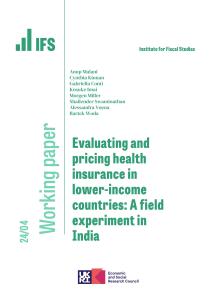Abstract
OBJECTIVE:
To examine the prospective relation between animal companionship and biomarkers of ageing in older people.
DESIGN:
Analyses of data from the English Longitudinal Study of Ageing, an ongoing, open, prospective cohort study initiated in 2002-03.
SETTING:
Nationally representative study from England.
PARTICIPANTS:
8785 adults (55% women) with a mean age of 67 years (SD 9) at petownership assessment in 2010-11 (wave 5).
MAIN OUTCOME MEASURE:
Established biomarkers of ageing in the domains of physical, immunological, and psychological function, as assessed in 2012-13 (wave 6).
RESULTS:
One third of study members reported petownership: 1619 (18%) owned a dog, 1077 (12%) a cat, and 274 (3%) another animal. After adjustment for a range of covariates, there was no evidence of a clear association of any type of petownership with walking speed, lung function, chair rise time, grip strength, leg raises, balance, three markers of systemic inflammation, memory, or depressive symptoms.
CONCLUSION:
In this population of older adults, the companionship of creaturesgreat and small seems to essentially confer no relation with standard ageing phenotypes.








